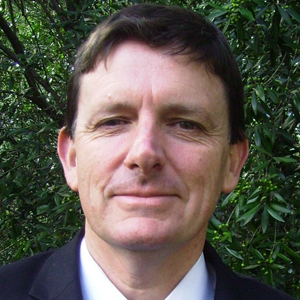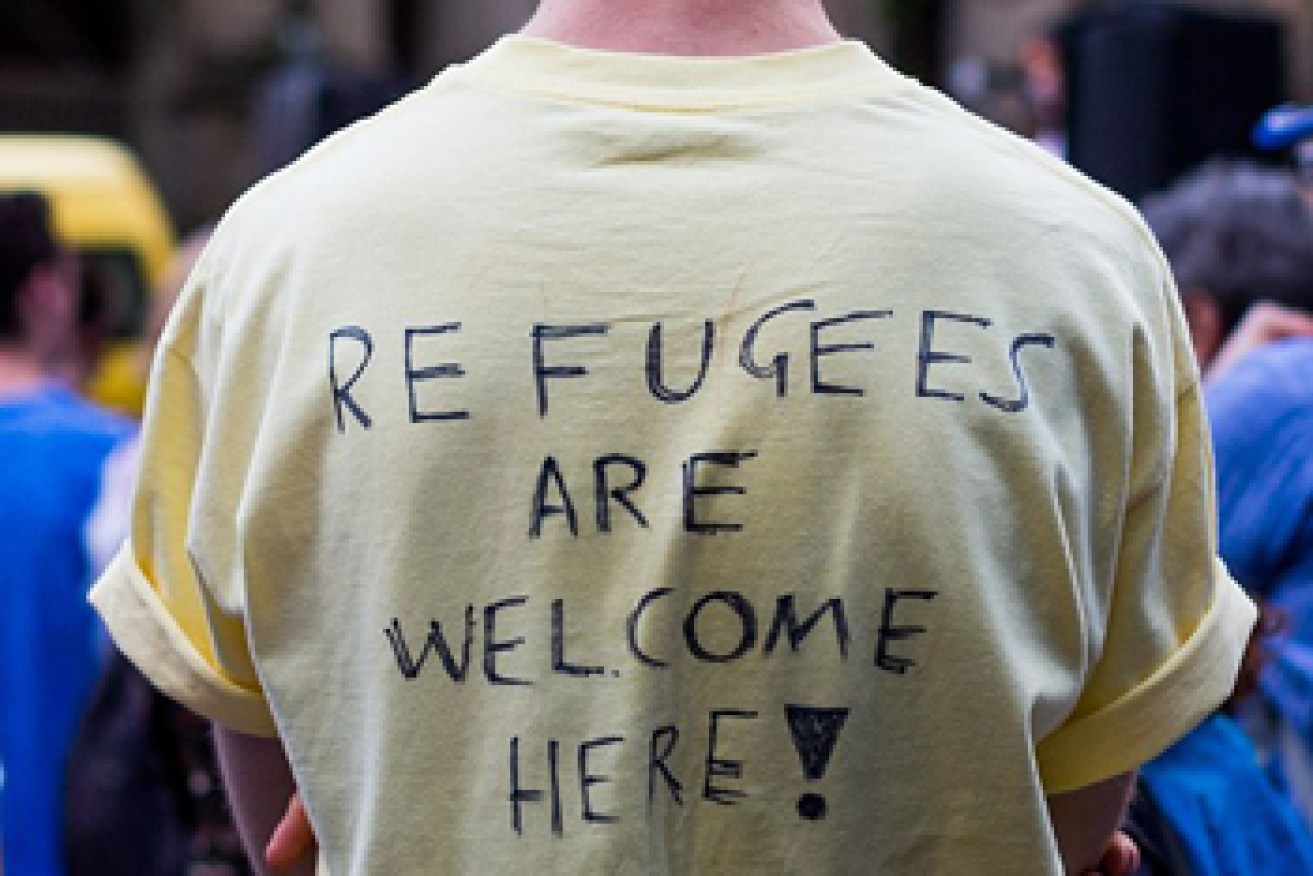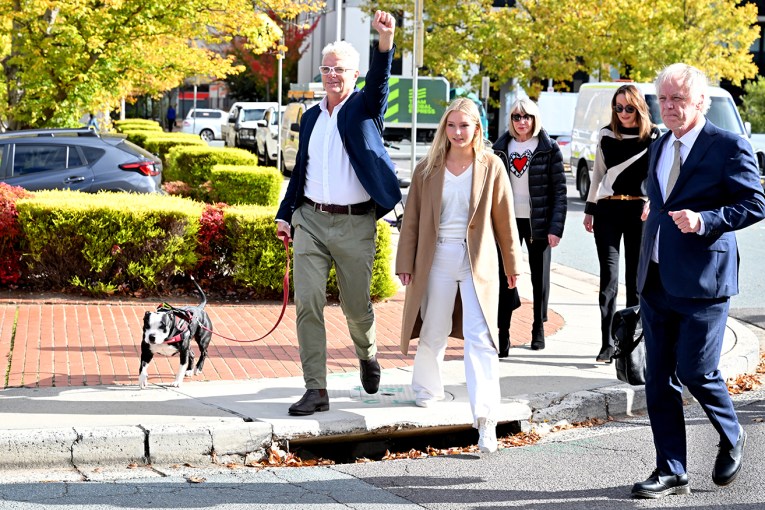Offshore detention: possibly legal, absolutely immoral


Refugees welcome. Photo: Getty
While the operations of offshore detention camps may be technically legal, there can be no doubt that what is occurring is immoral, and I hope this week’s court verdict forces Australia to confront the horrible truth.
The High Court found on Wednesday that laws passed after the test case in question was brought meant that offshore detention is not illegal. That does not mean the cobbled together policy and ad hoc retrospective legislation will continue to go unchallenged.
The ruling reminds me of a quote from then-Immigration Minister Scott Morrison: “The Government is not going to allow a set of policies to be weakened that would see Australia staring into the face of a child corpse in the water again.”
• PM praises High Court decision on Nauru
• Bishop: Progress made in Islamic State fight
• Zika virus can be sexually transmitted: experts
Mr Morrison said that in response to questioning from Human Rights Commission president Gillian Triggs as she compiled what became The Forgotten Children report.

The High Court dismissed a challenge to the legality of offshore detention on Wednesday. Photo: Getty
Professor Triggs’ report ultimately found that children, charged with no crime, indefinitely detained on Nauru and forced to endure a denial of freedom and hope, had witnessed the mental disintegration of their carers and endured physical and sexual abuse, even rape.
But, on the day it happened, Minister Morrison’s response had the desired effect, capturing the media attention in that evening’s news and diverting attention away from the questions being asked by the Professor. Who could possibly argue with the notion of saving a child’s life? Why argue about abuses occurring in offshore detention camps when there is the prospect of the greater horror of a drowned child staring back at you from the bottom of the sea?
Moral disengagement – believing that ethical standards should be suspended because of special circumstances – is all too common. It has become a feature of the language and manipulation that have characterised this area of public policy for much of the past two decades.
The individuals involved are dehumanised. Their stories cannot be told – for privacy reasons, of course. A 14-year-old boy who lost his father in the Afghanistan conflict, fled his homeland and experienced fear and torment before taking a risky boat journey remains to many an anonymous “boat person”. Questions are raised about whether he and his ilk are just “economic refugees” and whether we can be sure they don’t pose a threat. Is he, as Chris Bowen liked to suggest when he was Minister, just for an “anchor” for a whole family trying to find their way into Australia?
The offshore detention policy is often justified using this framework of moral disengagement. Our political leaders tell us it’s necessary to stop the boats in order to stop deaths at sea. This argument is relatively recent, little more than five years old, to justify a much older policy of trying to keeping people seeking asylum out of Australia. The policy of deterrence, which began with mandatory detention under Labor in 1992, remains — but the justification has become more sophisticated.

Australia too often suspends questions of morality because of ‘special circumstances’, Mr Power says. Photo: Getty
If stopping deaths at sea really were a central goal of Australian policy, we could expect to see much greater Australian interest and intervention in stemming the tide of deaths that have occurred in the Andaman Sea from Burma and Bangladesh, where at least 1,100 people seeking asylum have died since 2014 — or further afield in the Mediterranean, where at least 2,600 people perished last year alone. We could expect that Australia would be working actively to ensure that persecuted people on the move in Asia had greater access to asylum process. The goal would be to mobilise the nations of Asia-Pacific to work collectively to help those at greatest risk get to places of enduring safety.
Instead, forcing boatloads of desperate people back out of Australian waters and the brutality of offshore detention serve as the public face of Australia’s expressed concern for those at risk. When you look beyond the rhetoric of Australian policy and focus on what is happening to those who have come by boat to seek Australia’s help, the picture is very disturbing.
Dr Karen Zwi, a paediatrician who worked on Nauru, recently stated that an incident of sexual abuse occurred on Nauru on average every 13 days. Despite the many allegations in more than three years since offshore detention recommenced, not one conviction has been recorded. Few have even made it to court.
The recent Senate inquiry into the detention of people on Nauru reported that Transfield Services, the Australian government’s contractor, had given evidence of 67 allegations of child abuse in Nauru, 26 incidents of self-harm by children and 33 incidents of reported sexual abuse, the majority involving children. No charges have been laid as a result of the 12 cases of child abuse reported to the Nauru Police Force.

We care about sexual abuse in churches and government agencies. Why not on Nauru? Photo: Getty
Professor David Isaacs has also worked with children on Nauru. A highly regarded paediatrician, he is a Clinical Professor in the University of Sydney’s Medical School, based at Westmead Children’s Hospital. Despite both the major parties supporting a law which threatened two years in jail for any contractor who speaks of the horrors they have witnessed on Nauru or Manus Island, he continues to outline what he has witnessed. Children brutalised, bullied, denied basic health care, suffering bedwetting, refusing to eat – common symptoms for the deeply traumatised.
Currently, Australia has a Royal Commission inquiry into the sexual abuse of children in institutions. Government agencies, churches, charities, scout groups and many other organisations are under the microscope for having failed in their obligations in the past to protect children in their care. The Royal Commission is yet to look at the brutalities that have occurred in detention centres over the past 15 years.
A recent UN Human Rights review of Australia saw more than 60 countries, including many close allies like USA, Canada, UK and Ireland, question our treatment of vulnerable people in these offshore centres. Even China pointed the finger at us.
The horrible truth is that we lock people up in Nauru and Manus, and the government does it in particularly brutal circumstances to deter other people from attempting to come to Australia to seek safety and protection.
Conditions in these isolated detention camps are oppressive and brutal. Much of what happens in these camps away from the scrutiny of independent observers, as access is denied to most people who would seek to visit. When information does seep out about abuses which are occurring, many Australians turn away. The truth about the human impacts of Australia’s policies is too confronting.
Our political leaders will decide in coming days if they will continue to put the great pain and suffering of some very vulnerable people before their own short term political interest. I hope very much that the Turnbull Government lets these children and their families stay in Australia. For the good of the children and adults involved. For Australia’s international reputation. But also for our collective humanity.
Paul Power is CEO of the Refugee Council of Australia, the national peak body for organisations that support refugees and people seeking asylum.








